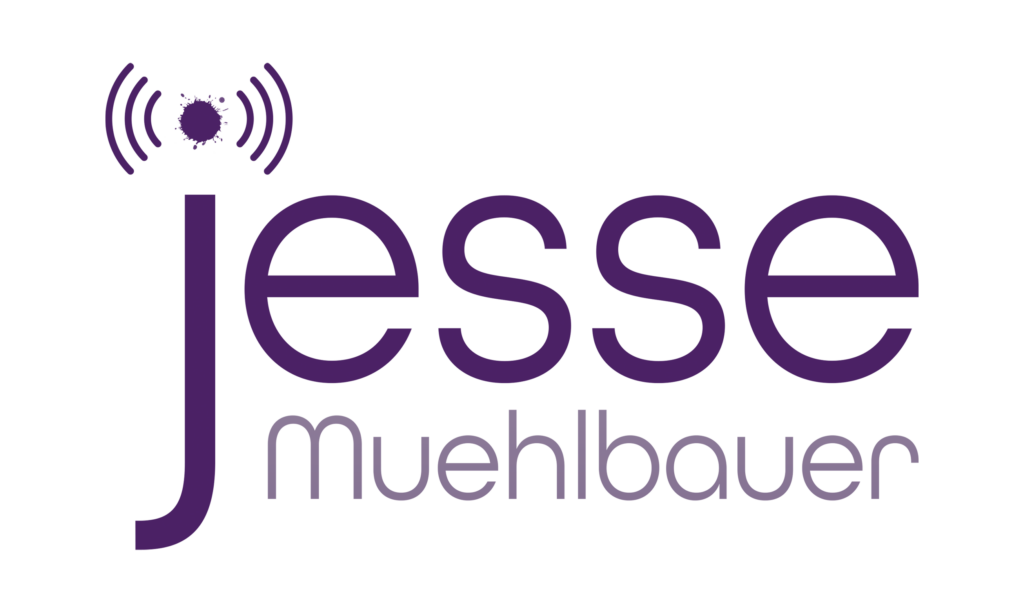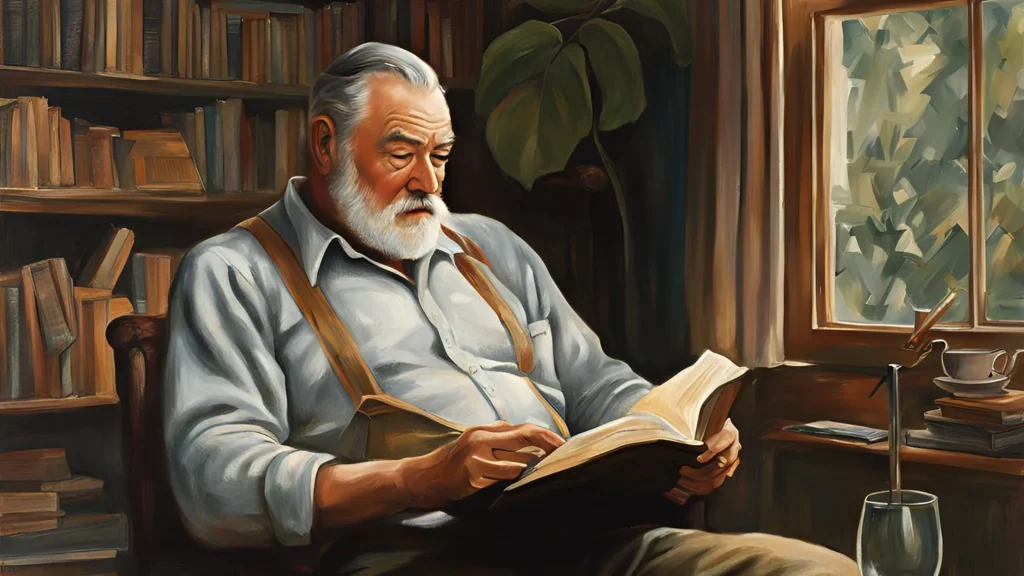This essay is a guest post featuring Liza Libes and Jesse Muehlbauer that appeared on Pens and Poison.
There is a lot of buzz in the literary world lately—among the most prevalent offenses of our time is this egregious claim that “anything can be literature.” While it is tempting to define literature more broadly than not under the guise of inclusivity, understanding the unique position that literature holds in our society will help us identify both bad writing and lazy ideas as we become stronger thinkers.
So what is literature? For one, the genre that we have come to identify as “literary fiction” (though I take issue with the classification of books into prescriptive categories, which is simply an invention by publishing houses to streamline marketing efforts), must offer a fresh insight into the world around us. It is less of a departure from our world than a commentary on the human condition. Literary fiction could have happened in your own world, and given that many authors write from their own experiences, oftentimes, it has. Literary fiction emphasizes style through a compelling use of and recurring themes, symbolism, figurative language and motifs, and offers novelty rather than a regurgitation of standard tropes often found in genre fiction. Ultimately, literary fiction plays on ideas that relate to personal experience and prompts us to examine our own lives and the world around us.
Read Full Essay Here
